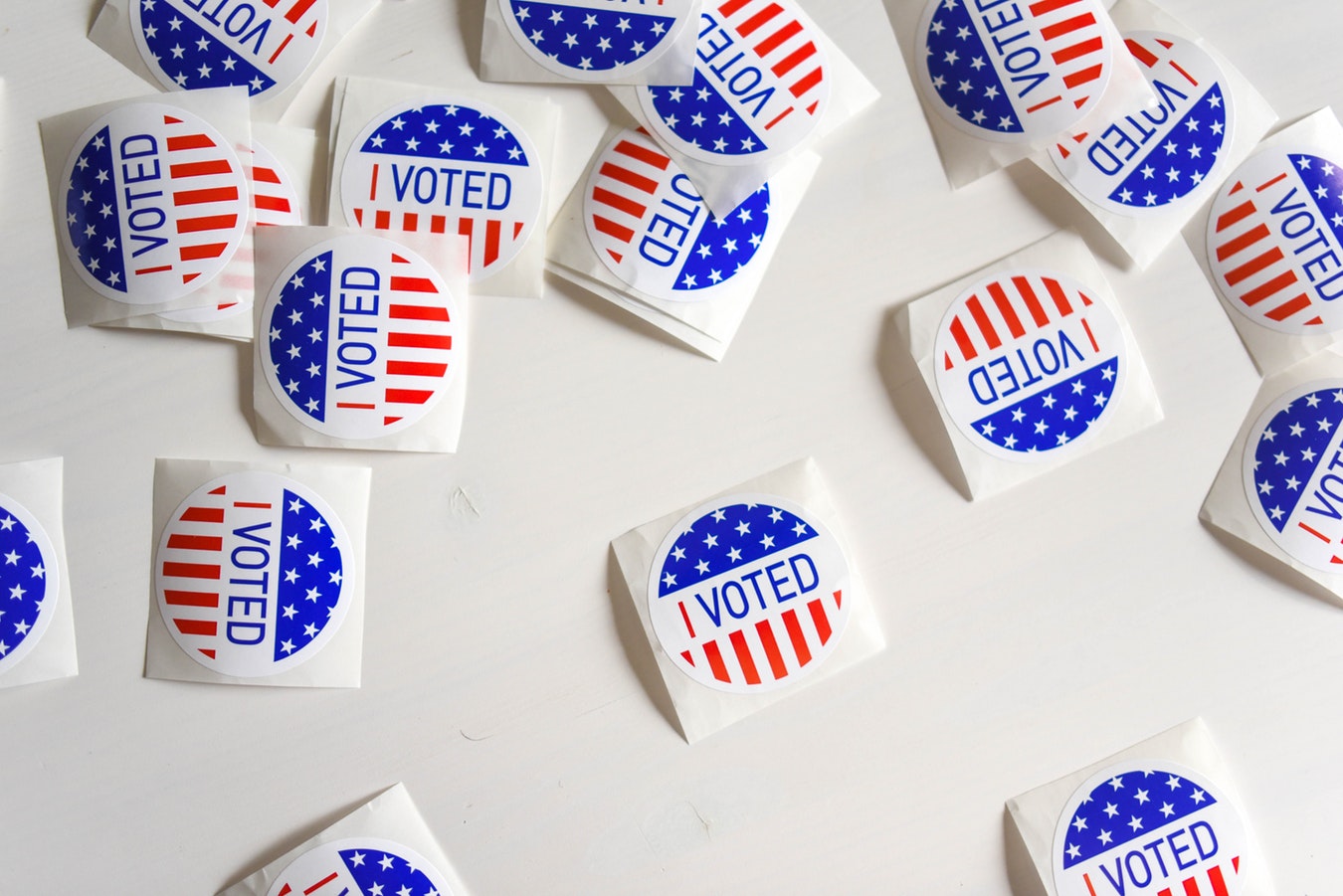Civility in a Post-Election Workplace

The peaceful transfer of presidential power occurred earlier this month. However, restoring and keeping the peace in the workplace against the backdrop of the most polarizing election cycle ever will require keen skills at fostering civility while honoring constitutional and other legal rights.
Two recent surveys on politics in the workplace conclude that tones have never been sharper and divisiveness never more prevalent. Politics gets personal. Across U.S. offices and plant floors, people are more passionate about their political views and are more likely to share their opinions. (Source: APA Center for Organizational Excellence Survey; Society for Human Resource Management (SHRM) survey on politics in the workplace.)
So, what has been the result? 1 in 4 HR professionals participating in the SHRM survey identified increased tension, hostility and arguments among co-workers. And, according to CareerBuilder’s latest survey on politics at work, 3 in 10 managers and nearly 1 in 5 employees have argued with a co-worker this election season. It bears repeating, politics gets personal!
While morale and productivity are certain casualties, politically charged dialogue in the workplace may also create liability for employers. The intersection of politics and race, color, sex, national origin and religion provide fertile ground for bullying, harassment, discrimination and other types of workplace complaints to surface. For example, hot-button political topics such as restroom use based on gender identity and deportation based on national origin and religion may offend employees in certain protected classes.
As pundits are already teeing up the 2018 mid-term elections, it is safe to say that sparring over hot-button political issues is not headed for a cool-down. So what’s the best way to be prepared? Set clear expectations on what is acceptable behavior and provide opportunities for employees to gain the skills needed to deliver the expected behaviors.
Suggested Action Steps:
- Communicate your: (1) diversity and inclusion policy and (2) guidelines on talking about politics at work.
- Ensure your policies are consistent with relevant state and federal laws; including First Amendment (freedom of speech limitations), Federal Elections Laws (prohibited campaign activities), and National Labor Relations Act (“NLRA”) (permissible union messaging).
- Actively and consistently enforce your current anti-harassment, anti-discrimination and non-retaliation policies. Ensure employees know the process for complaints and investigation.
- Provide updated diversity & inclusion and EEOC compliance-focused training.
- Provide training on the workplace competencies that support effective communication, collaboration and conflict management. (i.e., Emotional Intelligence, Leadership Competencies)
Each employer will need to decide on the extent of tolerable political conversation in the workplace based on its unique culture, workforce, customers and business requirements. The ultimate test will be whether your political discourse policy is aligned with your organizational values of honoring diversity and maintaining an inviting and inclusive workplace.
This article is a publication of MWH Law Group LLP and is intended to provide general information regarding legal issues and developments to our clients and other friends. It should not be construed as legal advice or a legal opinion on any specific facts or situations. For further information on your own situation, we encourage you to contact the author of the article or any other member of the firm.
© MWH Law Group LLP 2017. All rights reserved.

